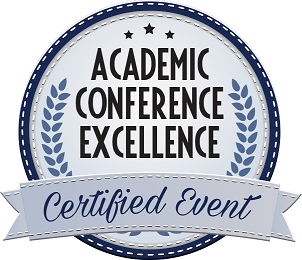
Biography
Biography: Colleen Huber
Abstract
Introduction: Ingestion of glucose and malignant neoplastic growth has been established in animal studies for numerous types of cancer. Such studies examined mice and/or fewer than 20 human subjects and/or were retrospective. This study is a 7-year interventional study of 317 consecutive human cancer patients at one naturopathic cancer clinic, who were treated with cancerdisrupting nutrients and herbs, as well as abstention from sweetened foods as the dietary intervention.
Methods: Survival of sweetened food eaters vs abstainers among cancer patients was examined at one clinic over a sevenyear period. Since 2006, this clinic has recorded data on consumption of sugar and other sweeteners in cancer patients, and has consistently recommended, but never enforced, avoidance of sweetened foods, except with extracts of the plant Stevia rebaudiana, which does not contain saccharides or sugar alcohol. In this controlled interventional study, the diets and outcomes are reported for all 317 patients with a diagnosis of cancer who were treated at the clinic, and who stayed at least two weeks in treatment. All results are reported in this paper.
Results: Achievement of remission was quite different for the following two categories: all patients: 151/317=48% and those who ate sweetened foods: 9/29=31%. The difference between these two groups was much stronger for the cohort of patients who continued treatments until either remission or death. Comparing all patients who were steadfast in the recommended treatments with the sweetened food eaters who were steadfast in all but dietary recommendations, 151/183=83% of all completely steadfast patients achieved remission, but only 9/25=36% of the steadfast sweetened food eaters achieved remission. Remission was defined as no visibly active tumor on MRI imaging of the same area that had previously active tumor growth. Of all patients who were steadfast in the treatments (including the sweetened food eaters), 32/183=17% died while still under the care of the clinic, but considering only the sweetened food eaters who otherwise consistently pursued the recommended treatments, 16/25=64% died. Follow-up studies since 2014 found similar survival differences among the two groups studied.
Conclusion: In this first-ever, long-term, interventional study of glycemic restriction in hundreds of cancer patients, we found that sweetened foods (other than stevia-sweetened foods) were highly correlated with patient mortality across all types and all stages of cancer. Stevia is therefore recommended as the only sweetener to be used by cancer patients.

